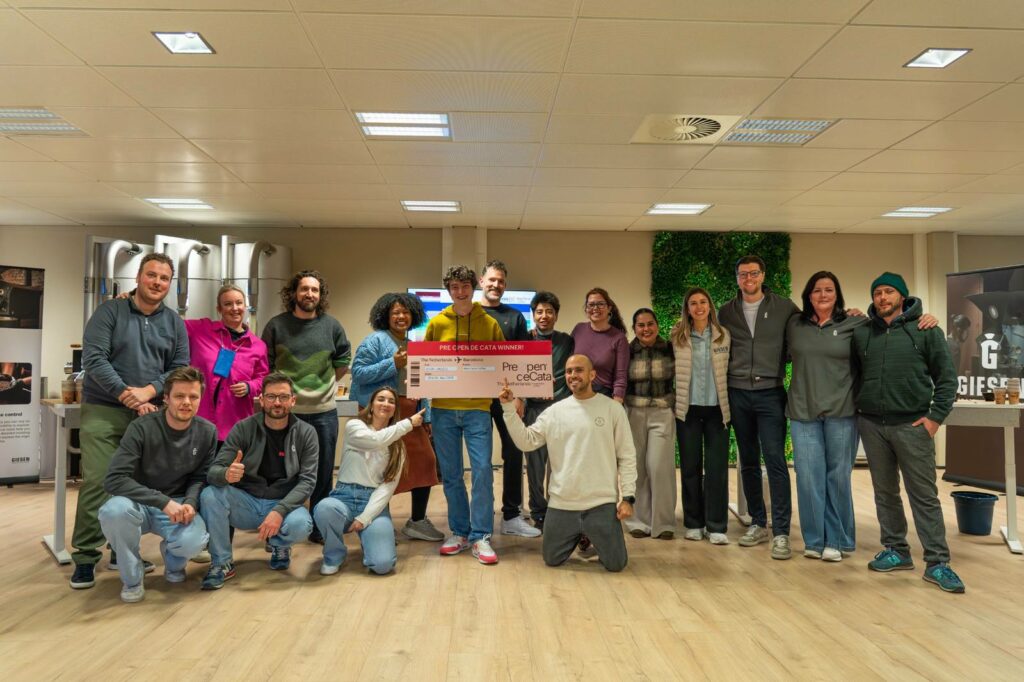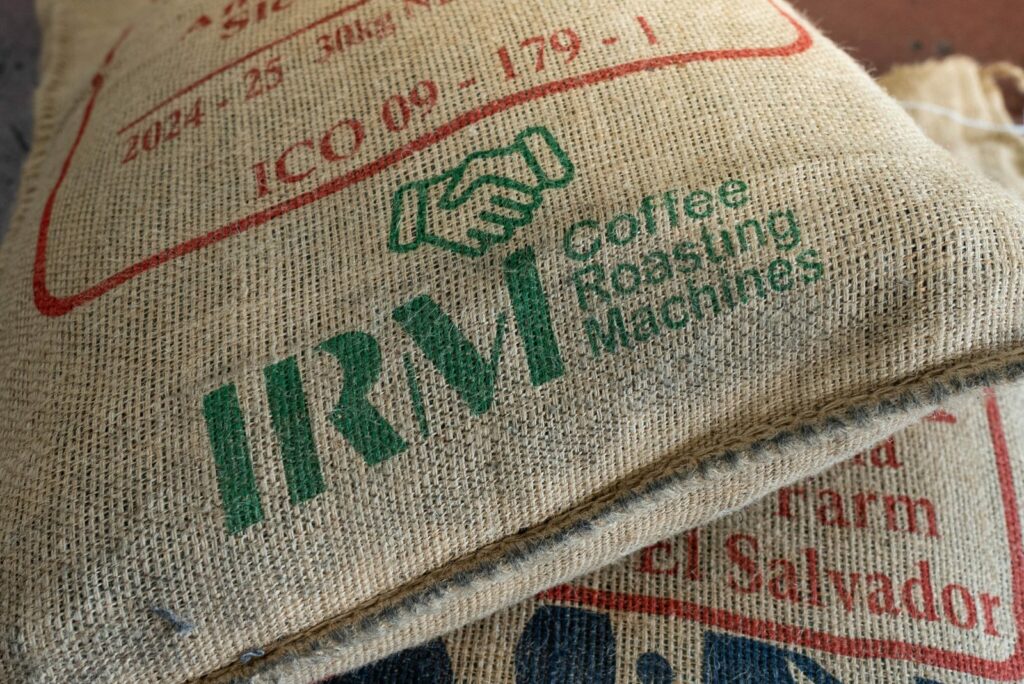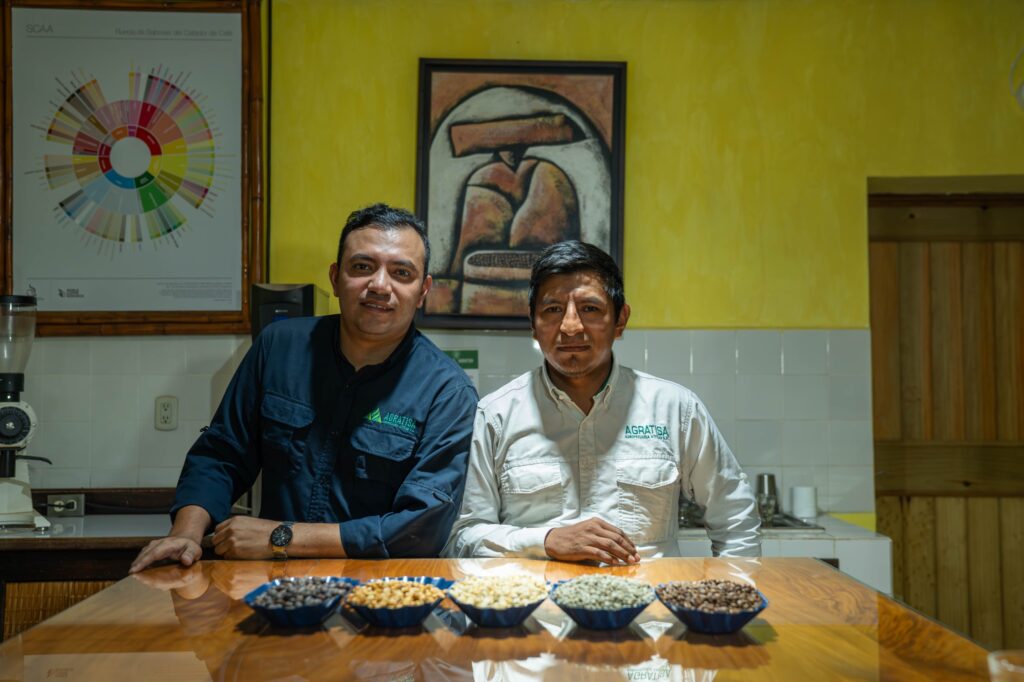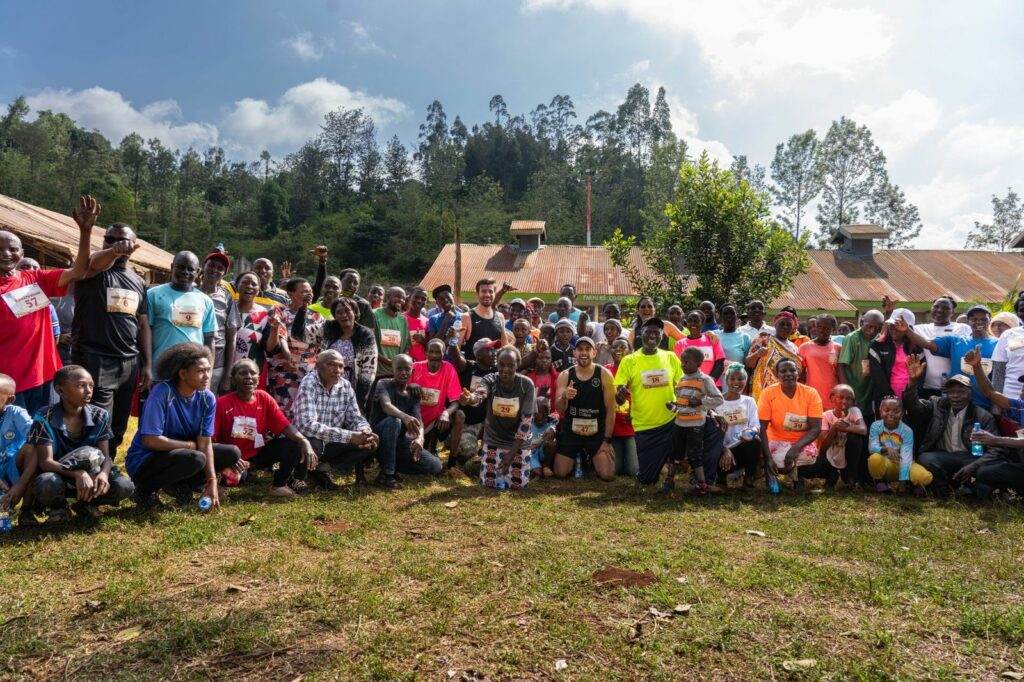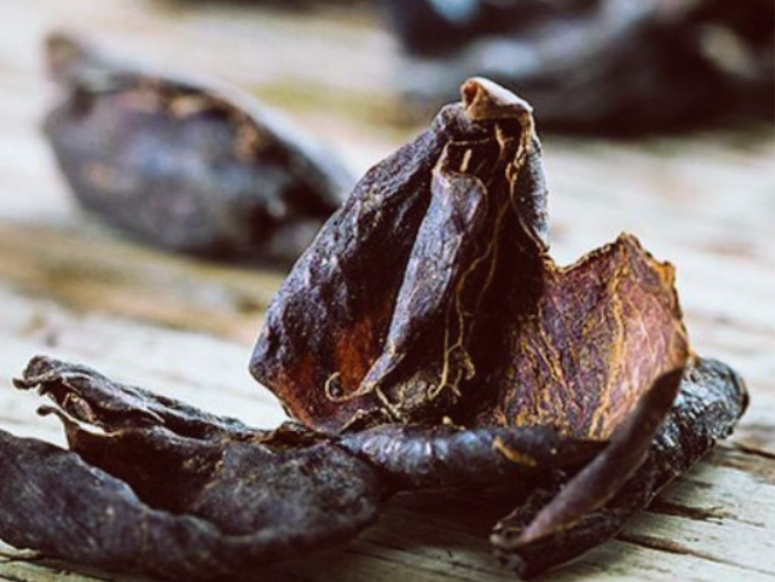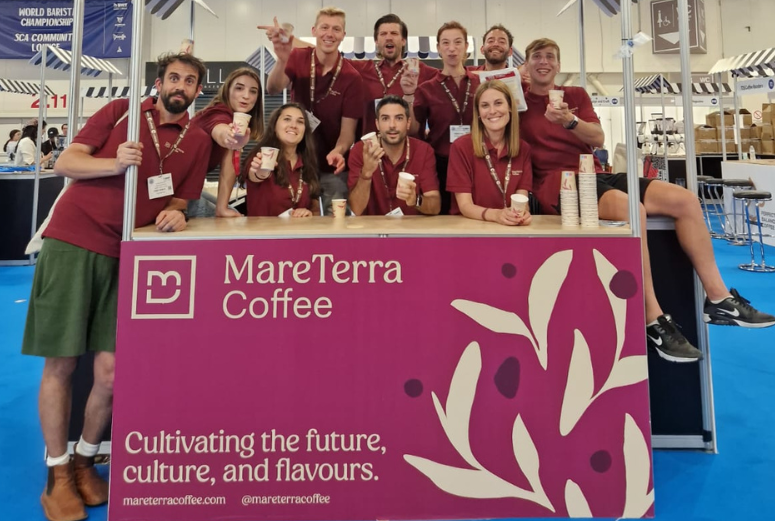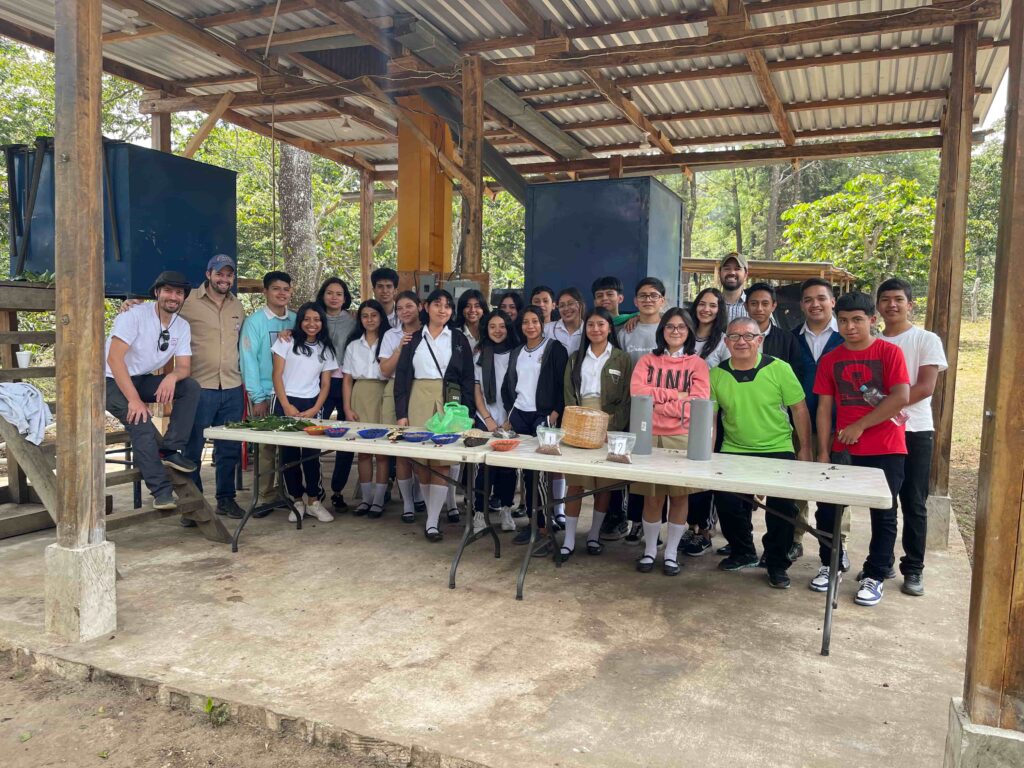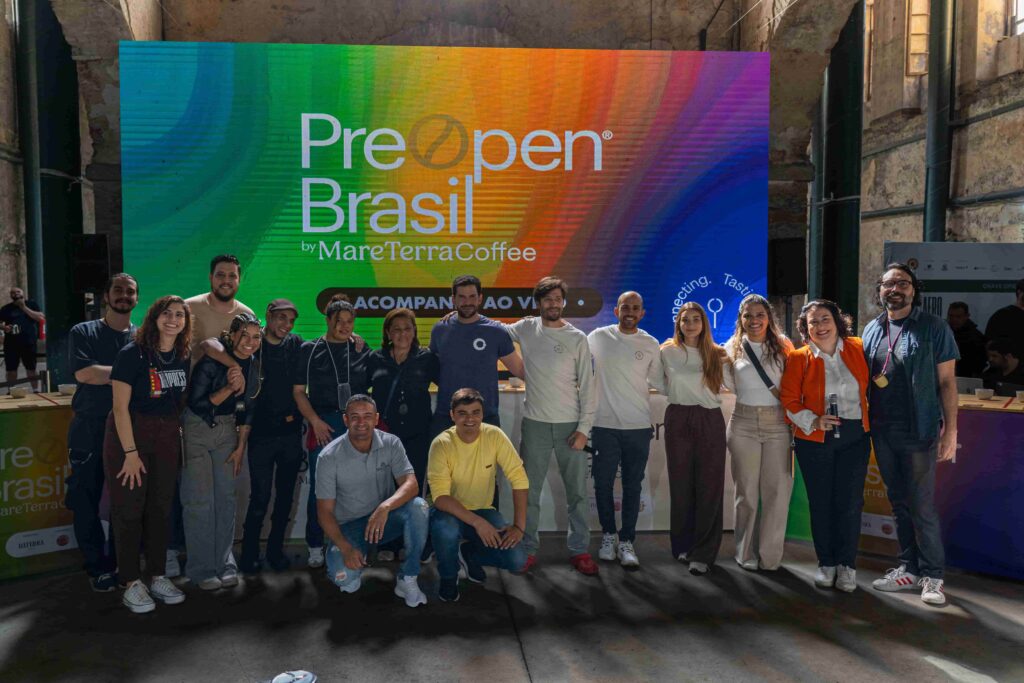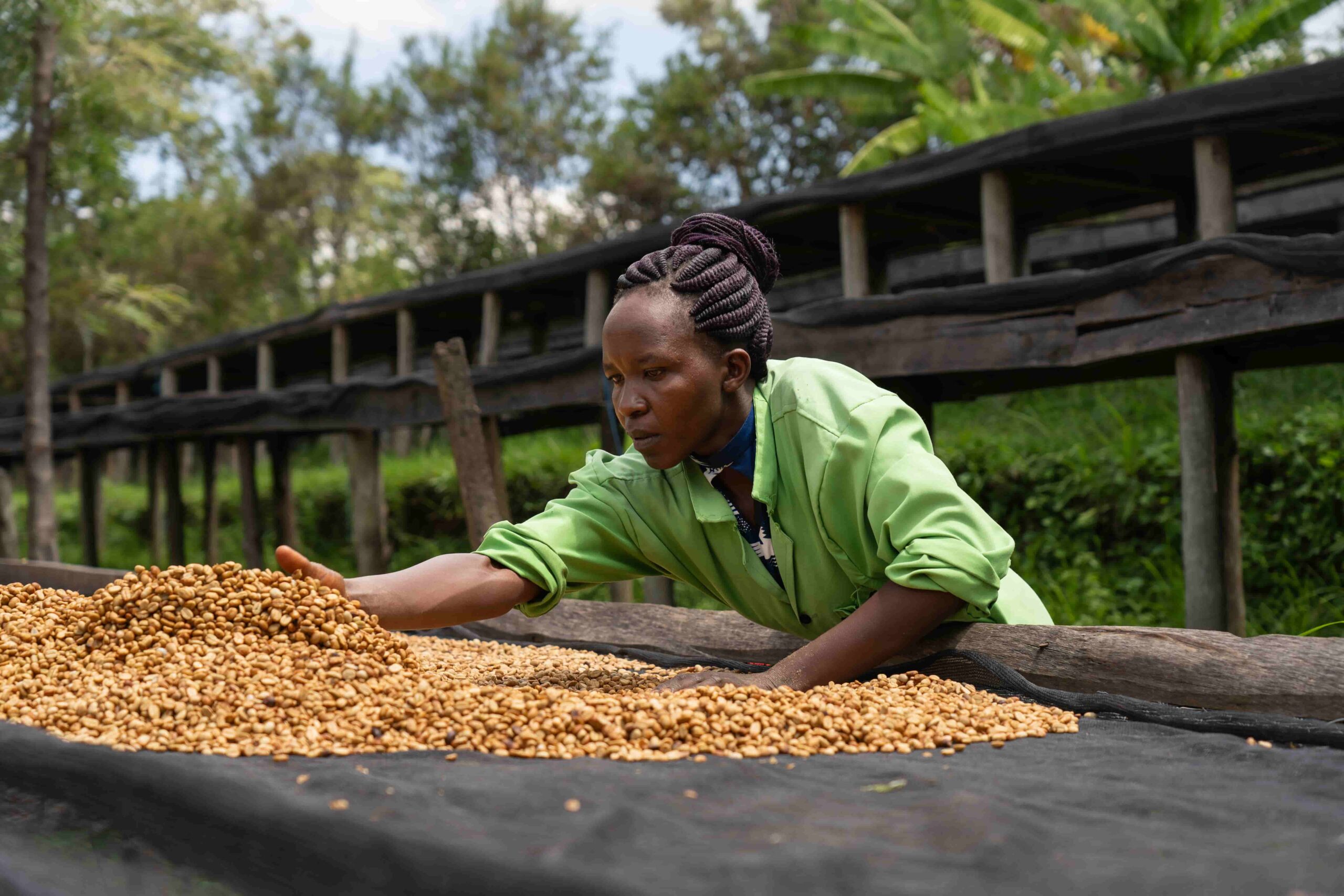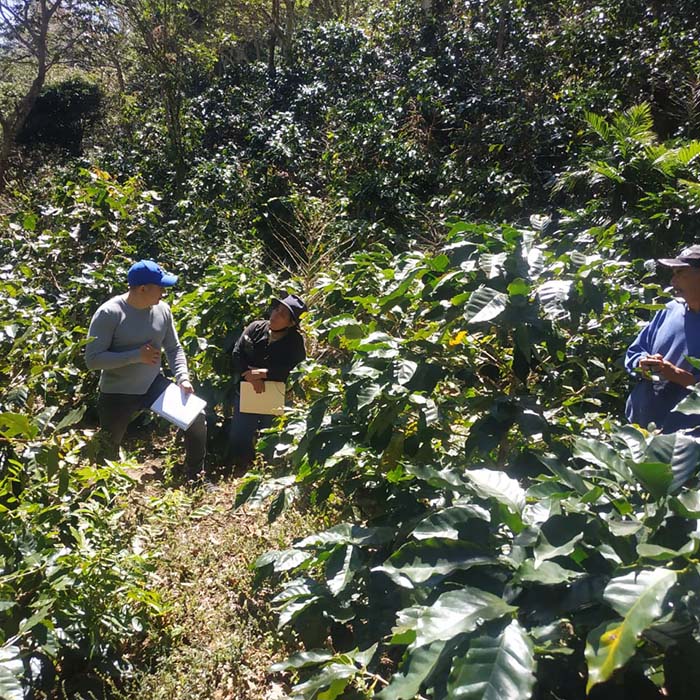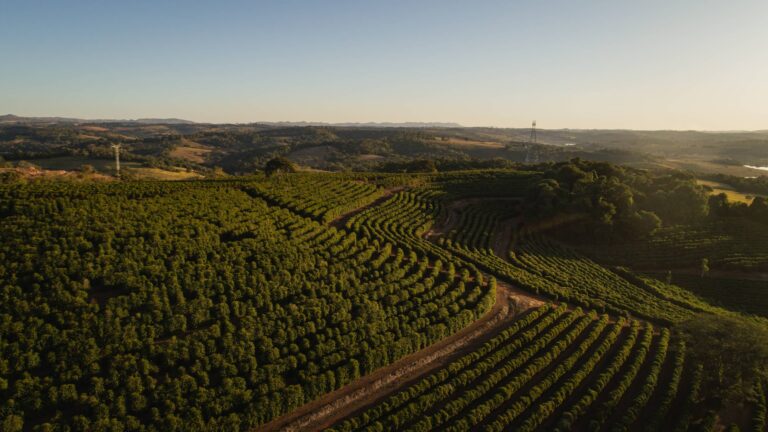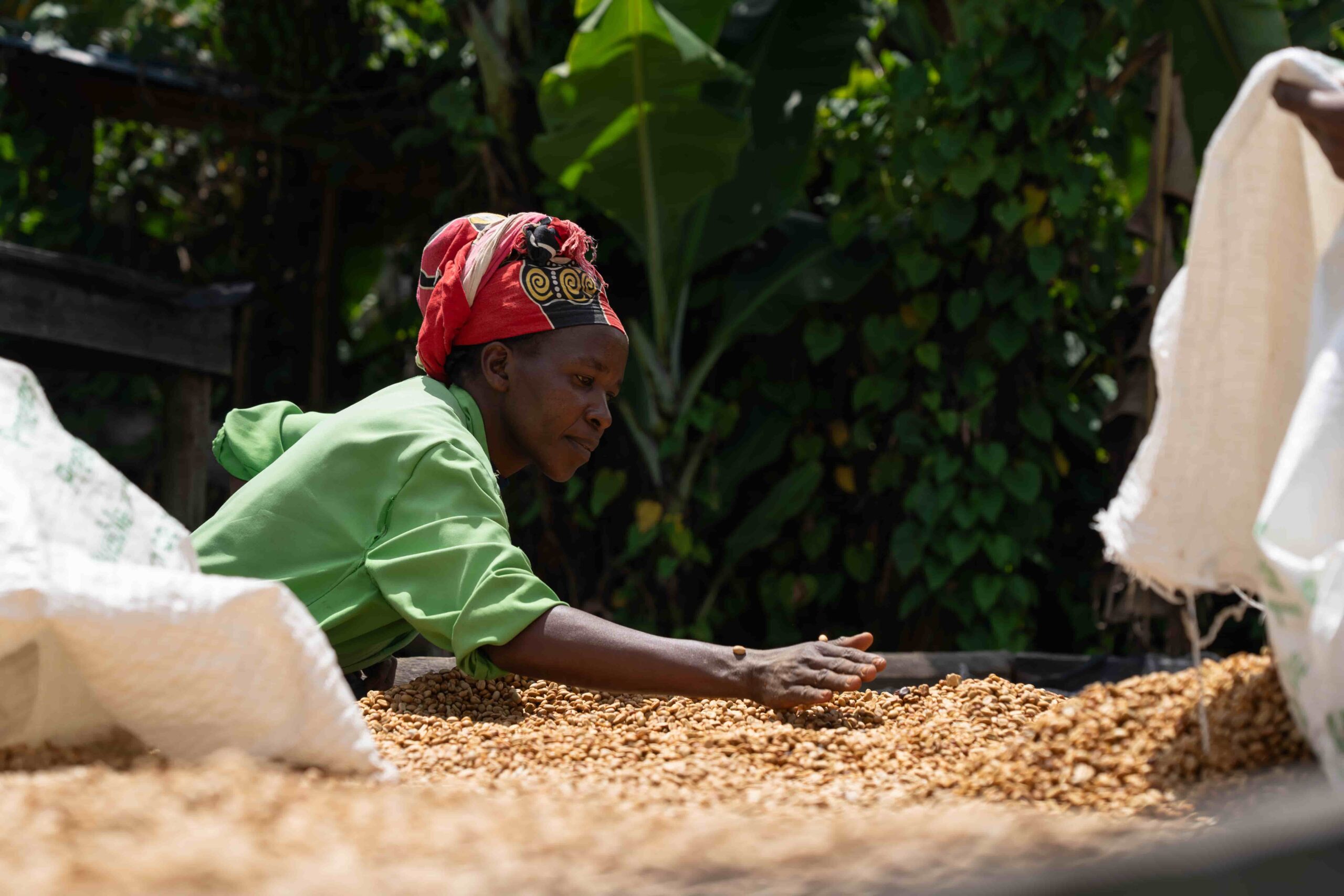We visited Daterra Coffee in Brazil
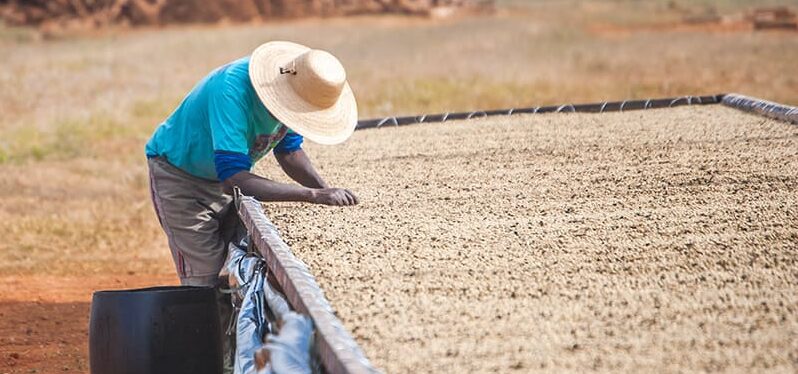
During the month of July our Director Rafa Moral traveled to Brazil to visit our Green coffee partners.
Among his visits, he spent a few days at the Farm Raisins to participate in the 4th Daterra Partners Exchange.
This event organized by Daterra Coffee consists of gathering its partners at the Farm and organizing activities, talks and visits in which participants from the USA, Greece, Argentina, Japan and the UK exchange views on current challenges in the coffee industry.
Among the activities organized by the Daterra team, we visited the Port of Santos by boat. This port is the largest in Latin America. A large number of containers of coffee, sugar, soybeans or cotton are exported from there.
Then we visited the coffee museum, formerly this had been the official coffee exchange, where the negotiations that determined the daily quotations of the bags of green coffee took place.
Coffee tastings were one of the main activities, we visited the three laboratories of Daterra Coffee, two in Boa Vista and one in Tabuoes. The tastings included coffees from the Classic and Collection menus and even some of the Master Pieces that will soon be put up for auction.
During the tasting, the coffees on the menu were identified and the preferences of the tasting participants were discussed.
The Daterra team explained how the menus are carried out in the laboratories based on the samples that the agronomists take from the areas where they consider that the coffee trees have optimal maturity conditions. Once these samples are taken, they are dried in mini-dryers, the coffee cherries are roasted and tasted. With this, the Daterra Laboratory team has information about the point at which the coffees are at, whether they need to mature a little more or not, and they create the different lots, adjusting the sweetness, Acidity or body of the batches.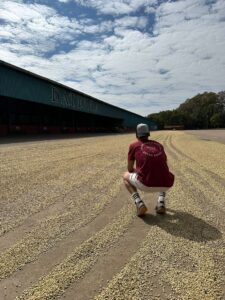
We also visited the genetic research and development unit of Daterra’s Master Pieces where The Daterra team researches and tests different pulpers and fermentation tanks for different processes. In addition to having different types of raised beds for coffees with Natural Process and Honey.
In all the activities carried out by Daterra Coffee during our visit, sustainability and environmental conservation were very present, since it is fundamental for Daterra that the production of its coffees be as environmentally friendly as possible.
Once again we thank Daterra Coffee for their hospitality and we hope to continue participating in all editions of ‘Daterra Partners Exchange’ as we have done so far, and thus continue sharing experiences.
